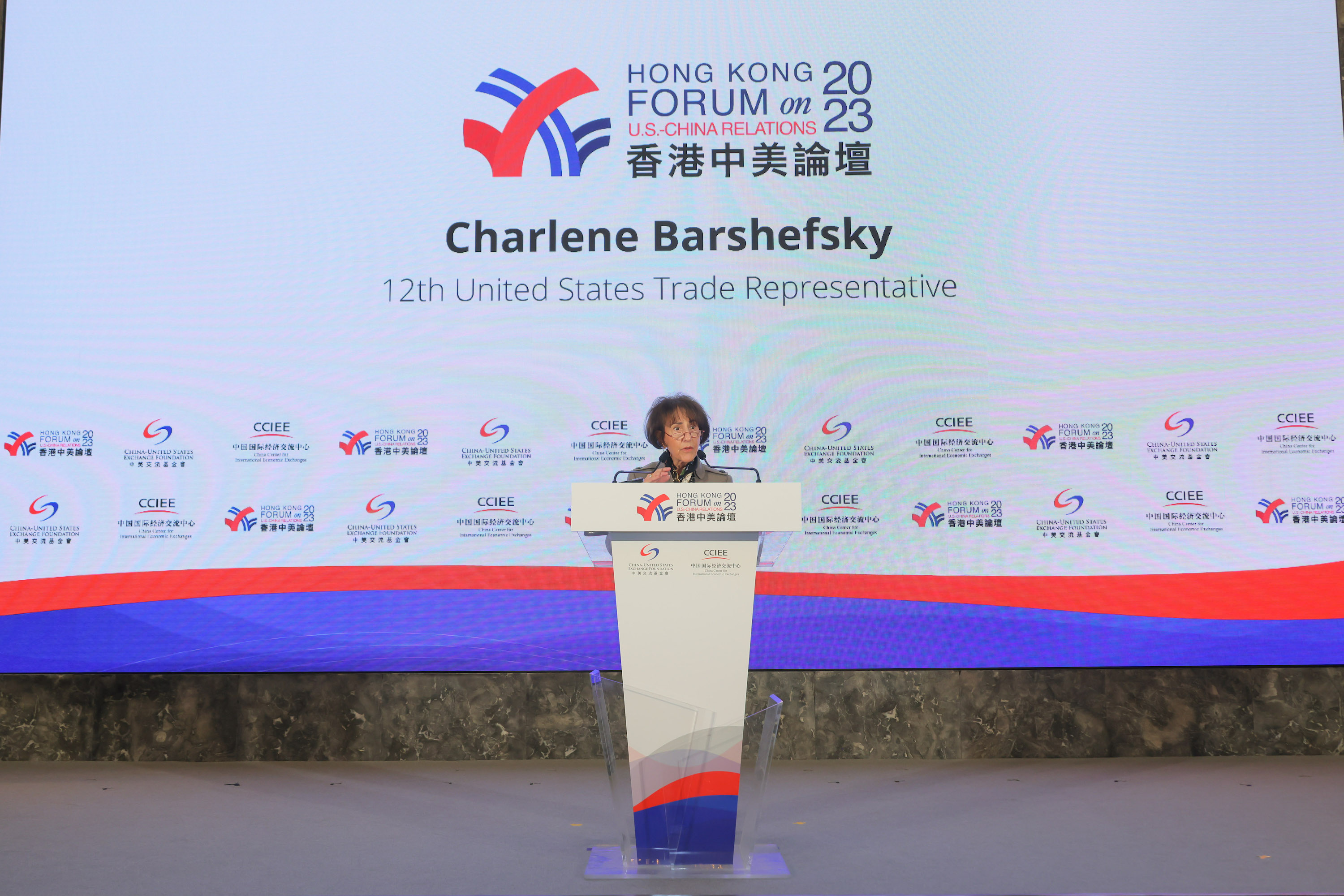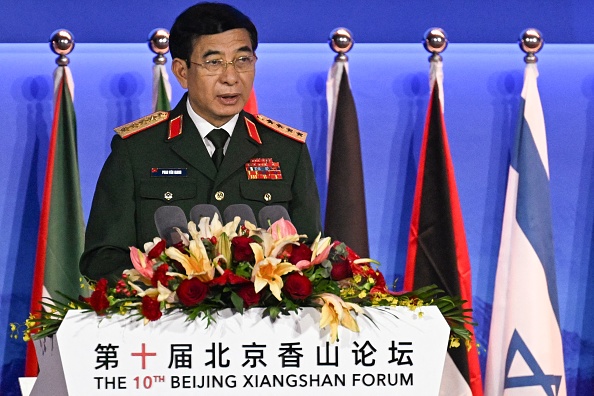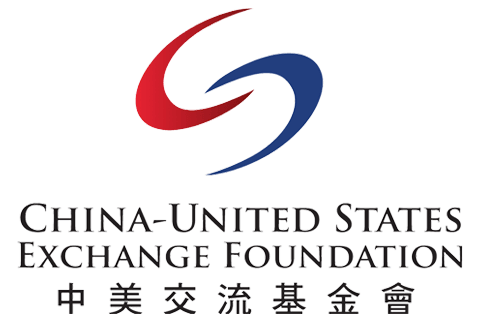
Dear Focus Reader,
Global leaders are currently gathered in Dubai for COP 28, the annual United Nations climate meeting, including U.S. President Joe Biden, U.S. Climate Envoy John Kerry, and his Chinese counterpart, Xie Zhenhua.
The last phase of the climate talks wrapping up next week is mainly focused on whether the world's biggest polluters, such as China, the U.S., and the European Union, can reach an agreement on when and how to switch from using fossil fuels to renewable energy sources. The differing opinions on transitioning to cleaner energy between the U.S. and China, as well as the EU and China, make the upcoming days crucial for seeing how the talks unfold.
China has outpaced its renewable energy adoption goals in recent years, deepening its position as the world's largest and fastest-growing producer of renewable power, yet at the same time continues to build more coal-fired power plants. Additionally, Xie announced that Beijing will wait until 2025 to issue its national carbon emission targets and policy for 2030 and 2035, raising concerns by some experts that China may postpone its planned carbon emissions cuts by another two years. Beijing has previously pledged to reach peak carbon emissions before 2030 and zero them out before 2060.
The U.S., meanwhile, has seen its carbon emissions drop over this last year, continuing a general trend over the past 15 years, driven in part by an ongoing reduction in coal consumption. Yet the country still remains behind its Paris Climate Agreement targets, and remains the world's largest oil and gas producer.
Stay up to date on the latest global developments by catching up on our latest Focus content, including topics covering China-U.S. competition and cooperation, the Xiangshan Forum, and Taiwan.
The number of years since the establishment of the China-Japan Peace and Friendship Treaty. Read more in "New Context for China-Japan Relations," by Liu Junhong, Researcher, Chinese Institute of Contemporary Int'l Relations.
Tea-making | China's Intangible Cultural Heritage
Watch VideoIn our Focus Insights section, we shared the video remarks from Charlene Barshefsky, the 12th United States Trade Representative, at CUSEF'S recent Hong Forum on China-US Relations, where she talked about geopolitical tensions between the U.S. and China.
We want to hear from you:
What is your perception of the forces contributing to the slow globalization and fragmentation of the global economy mentioned by Charlene Barshefsky? Do you agree that these factors pose a threat to international cooperation and economic growth?
Submit your thoughts to USeditor@chinausfocus.com for a chance to be featured in next week's Focus This Week.
useditor@chinausfocus.com for more info.
Prepared by China-US Focus editorial teams in Hong Kong and New York, this weekly newsletter offers you snap shots of latest trends and developments emerging from China and the U.S. every week. It is a community space to exchange thoughts and ideas about the China-U.S. relationship and beyond.
- 2023-12-01 Focus This Week: Looking Forward
- 2023-11-22 Focus This Week: A Temporary Ceasefire
- 2023-11-17 Focus This Week: An Anticipated Meeting
- 2023-11-11 Focus This Week: Change and Progress
- 2023-11-03 Focus This Week: Anticipating APEC
- 2023-10-27 Focus This Week: Diplomatic Strides
- 2023-10-20 Focus This Week: De-escalation
- 2023-10-13 Focus This Week: Seeking Peace
- 2023-10-06 Focus This Week: Summit Speculations
- 2023-09-29 Focus This Week: Paving the Way
- 2023-09-22 Focus This Week: Climate Action
- 2023-09-15 Focus This Week: Global Gatherings
- 2023-09-08 Focus This Week: Diplomatic Deliberations
- 2023-09-05 Join Our Special Online Event: The New China Playbook
- 2023-09-01 Focus This Week: Meeting Halfway
- 2023-08-24 Focus This Week: Reshaping Global Dynamics
- 2023-08-18 Focus This Week 8/18/2023
- 2023-08-11 Focus This Week 08/11/2023
- 2023-08-04 Focus This Week 08/04/2023
- 2023-07-28 Focus This Week 07/28/2023




